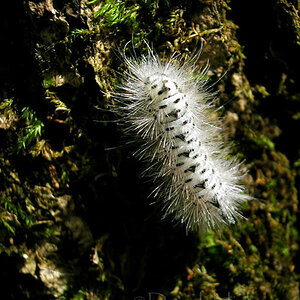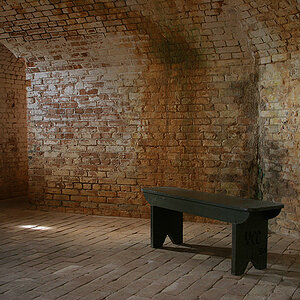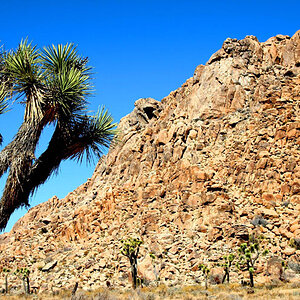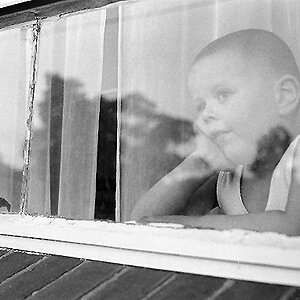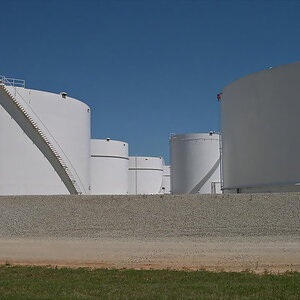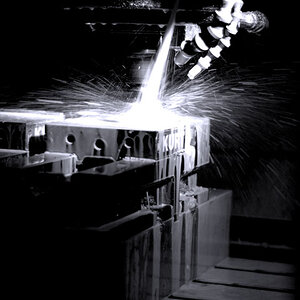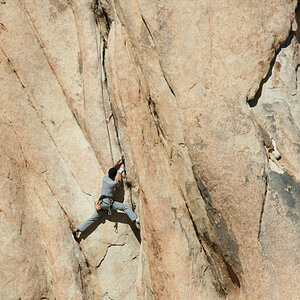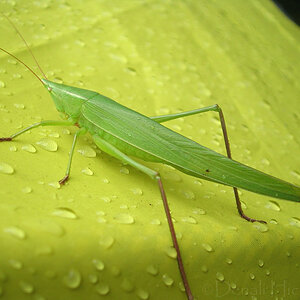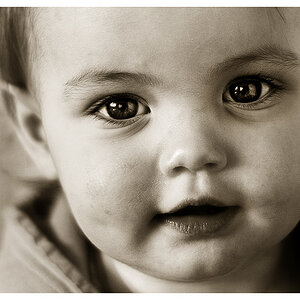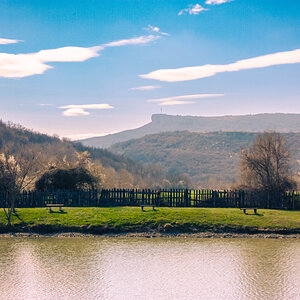kkamin
TPF Noob!
- Joined
- Aug 25, 2009
- Messages
- 515
- Reaction score
- 17
- Location
- Minneapolis
- Website
- www.kevinkaminphoto.com
- Can others edit my Photos
- Photos OK to edit
I just bought some Tiffen UV filters for my Canon lenses. The are not multi-coated like the more expensive ones, so what kinds of things should I look out for? I bought it primarily to protect the lens, but I was reading some consumer reviews that you might get some unwanted reflections in situations.
Anyone deal with this or any other issues? If so, what are the situations where this arises?--I'll just pull off the filters at those times.
They are pretty cheap at Amazon btw, I was just at my local camera store and they were selling for $20.
Thanks for reading!

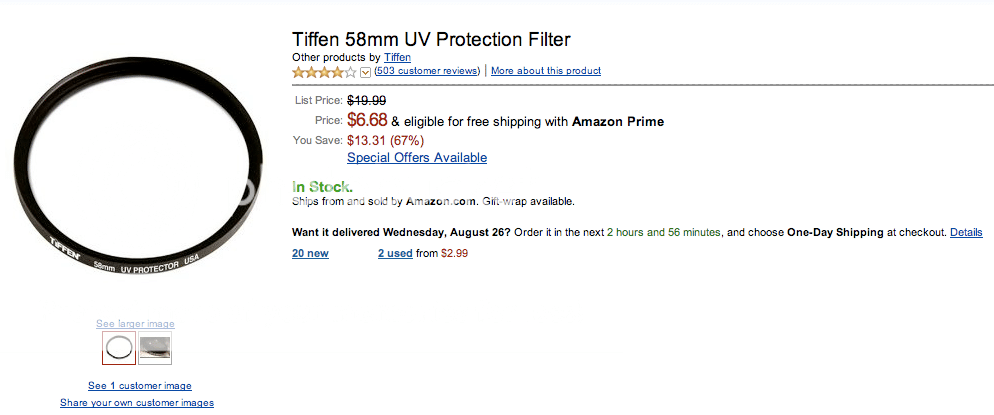
Anyone deal with this or any other issues? If so, what are the situations where this arises?--I'll just pull off the filters at those times.
They are pretty cheap at Amazon btw, I was just at my local camera store and they were selling for $20.
Thanks for reading!




![[No title]](/data/xfmg/thumbnail/37/37609-a1984365804384f841d8245ae7e3b9a7.jpg?1619738149)

